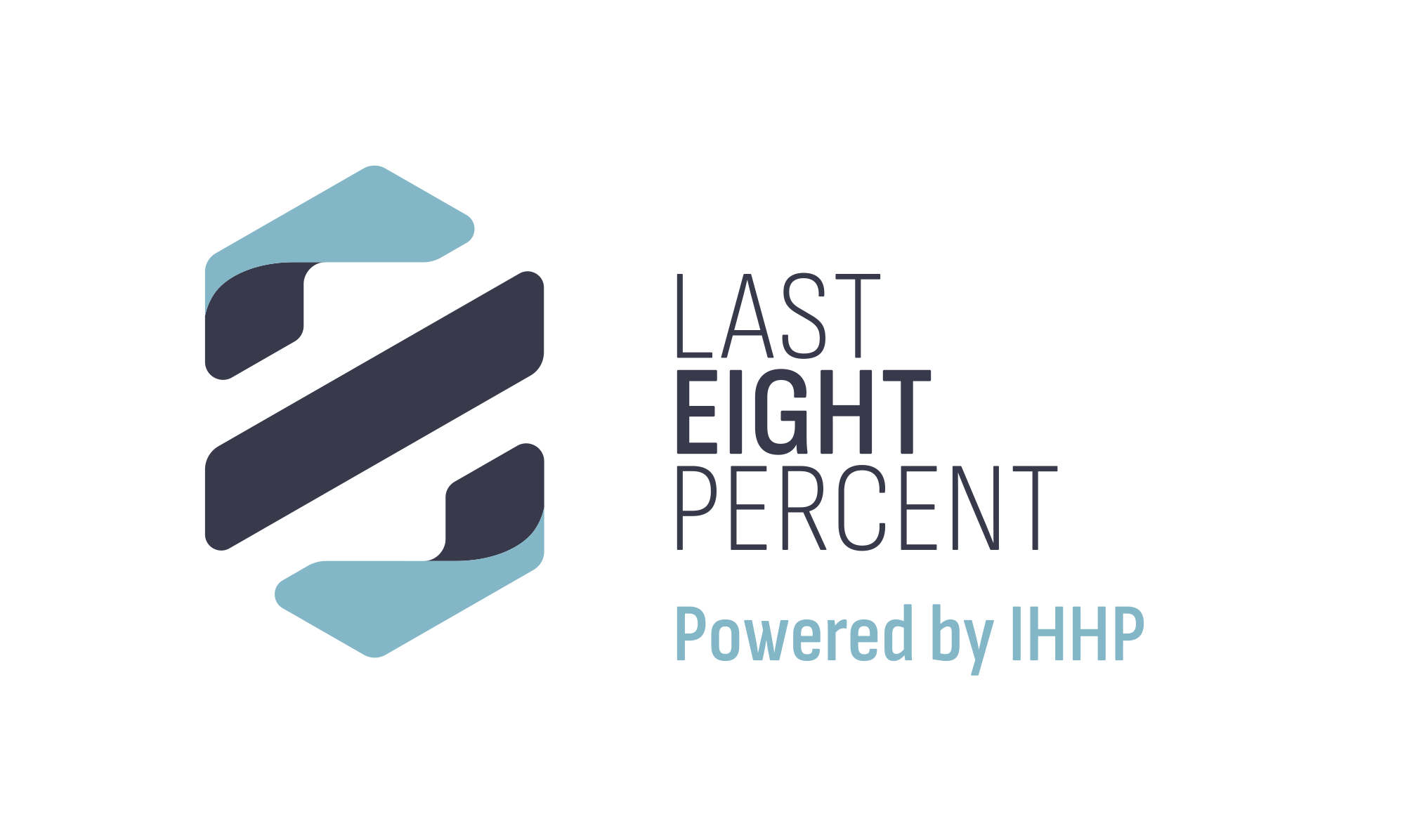I see the look on her face and I sigh. Of course she doesn’t want to clean her room; she’s a teenager after all. But she’s my teenager and I want her to eventually be a responsible, contributing member of society. It’s not too much to ask, right?
I’m not the first Mom to ask her child to do something they don’t want to do. And yet, in this moment, with her teenage eyes rolling around her face like I’m the dumbest person to walk the earth, I feel like I am The Only One.
I can identify the ‘whys’ of asking her to perform this small feat. I can justify my nagging because there are no more clean bowls in the kitchen. Instead they are piling up beside her bed. I repeat my request because I have a permanent bruise on the bottom of my foot from frequently stepping on eyeliner, art pencils or nail polish. Most importantly it’s because I want her to take pride in her space, and to value her belongings. These are the intentions I have when I use my Mom voice to ask her exactly when she plans to deal with her chaos.
The impact? I lose my Mom of the Year award…again. I just became annoying and surprisingly uncool.
As often happens in pressure situations, intention and impact become misaligned. Was this actually a pressure situation though? To me it was, even if just in a general sense. I’m clearly thinking long term by saying I want my 14 year old to eventually become a contributing member of society …Parenting children creates a constant, underlying pressure, because the outcome is important to me, it is an unknown result where anything can happen, and I obviously feel accountable for her wellbeing.
Until I attended IHHP’s “Science of Emotional Intelligence” program, I believed that losing my Mom trophy was the only impact I had. And I was pretty ok with that- until I learned the brain science behind what was actually happening to the teen with the messy room.
I hope I’m not the first person to attend an Emotional Intelligence training who hadn’t heard of the amygdala. This is the emotional feeling brain; the part of the brain that responds to perceived threats against emotional needs.
And if my beautiful teen has emotional needs that include autonomy, value, respect and competency…it would appear I just disregarded those needs completely. Ouch.
So now what? By definition, emotional intelligence is the ability to recognize, understand and manage our own emotions, but also to recognize, understand and influence the emotions of others. Instead of allowing my frustration to sabotage my efforts, I can now identify where my intentions are creating a negative impact.
It makes me cringe when I pause to look at how easy it is to miscommunicate. To me, it seemed incredibly obvious what my intention was. However, based on her progress it also “seemed” that this particular teen was physically unable to clean her room!
Having this introduction to emotional intelligence pushes me to take responsibility for my impact. It teaches me that if I want to effectively communicate and at the same time, try to regain points towards my Mom award, I need to look at how my intentions land amongst the nagging.
On the other hand, maybe it’s time to give up on the clean-room dream anyways. Maybe it’s time to tackle something new, a fresh start. Chores, anyone?

